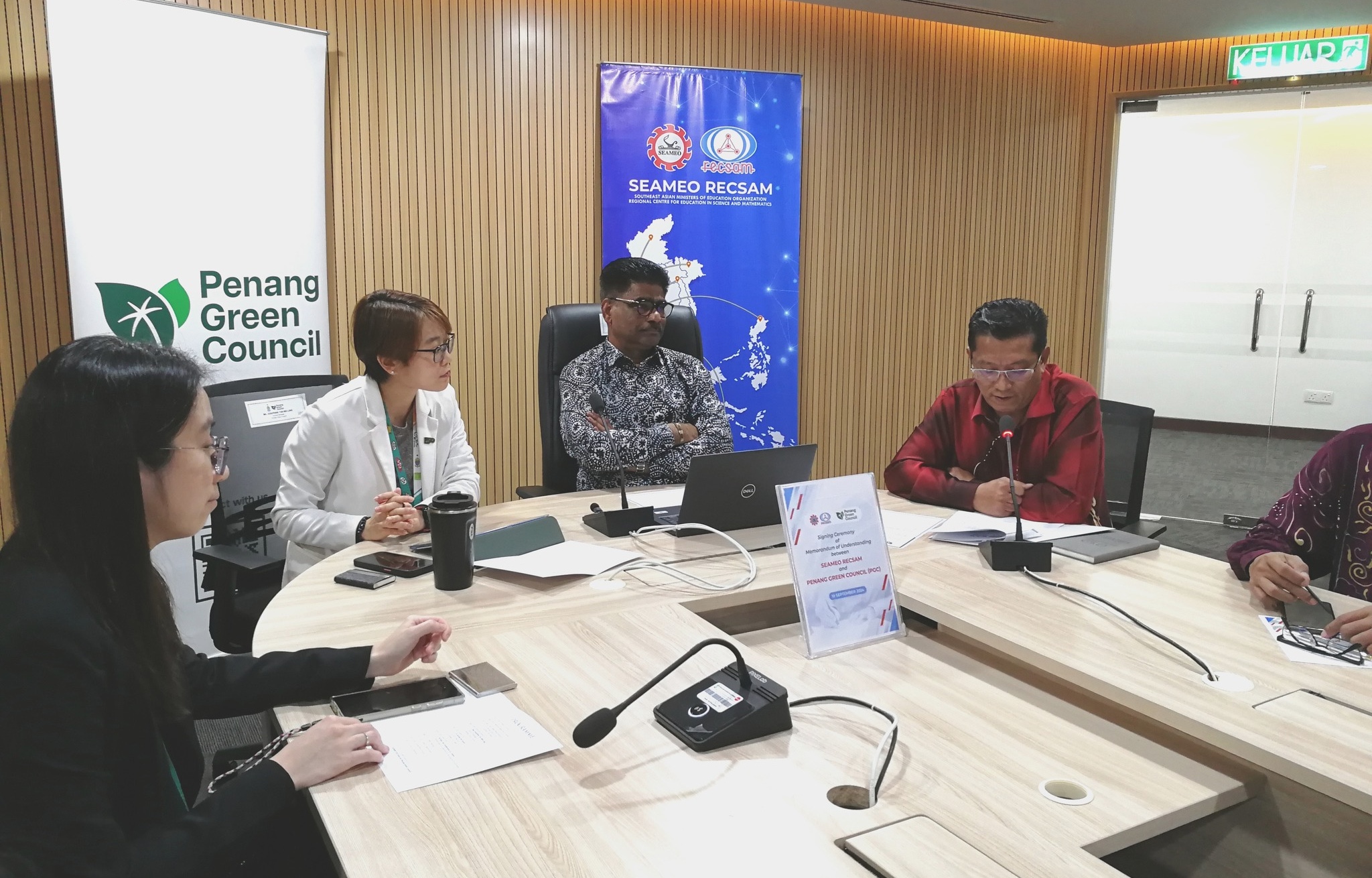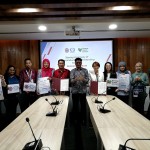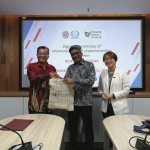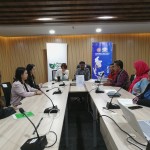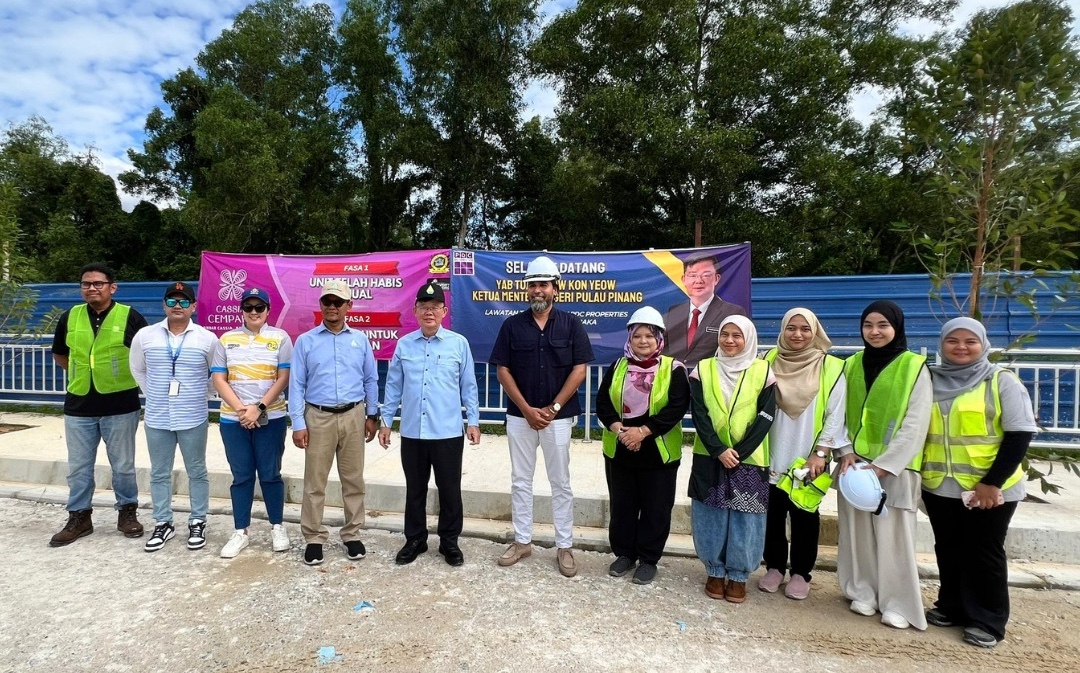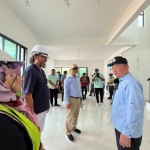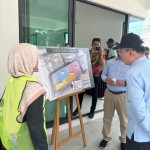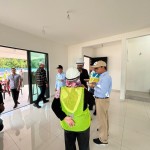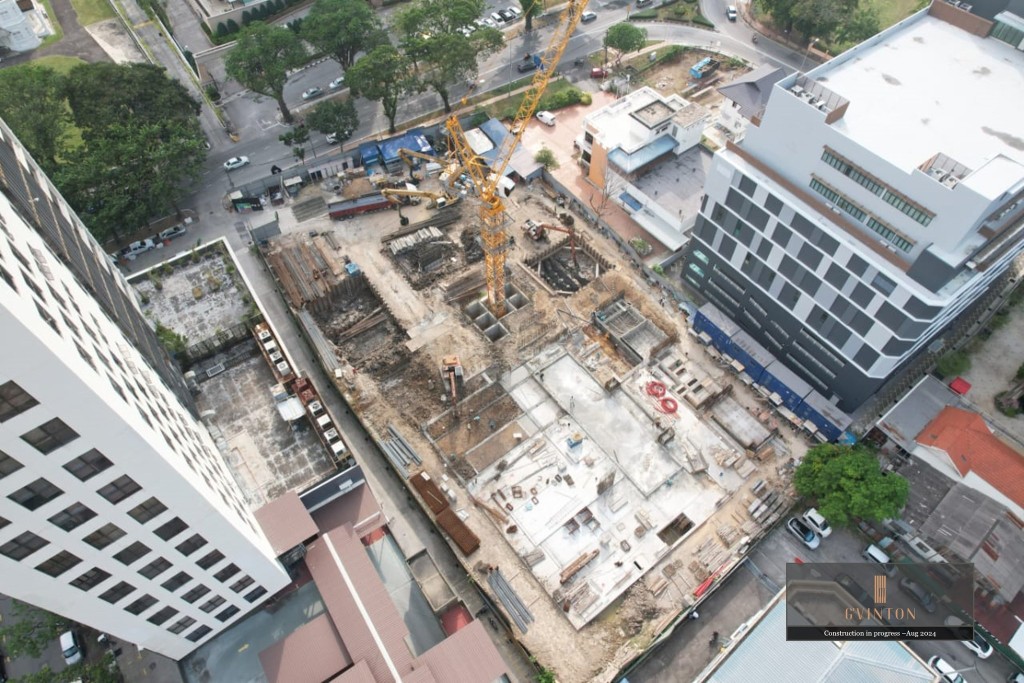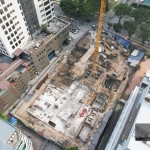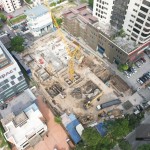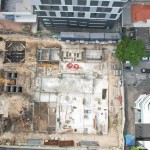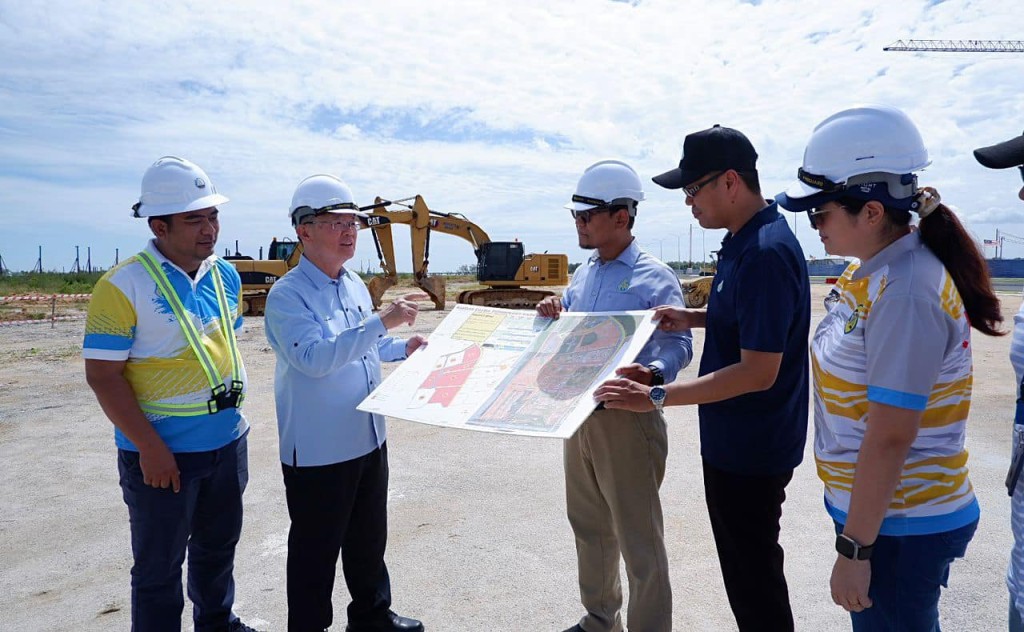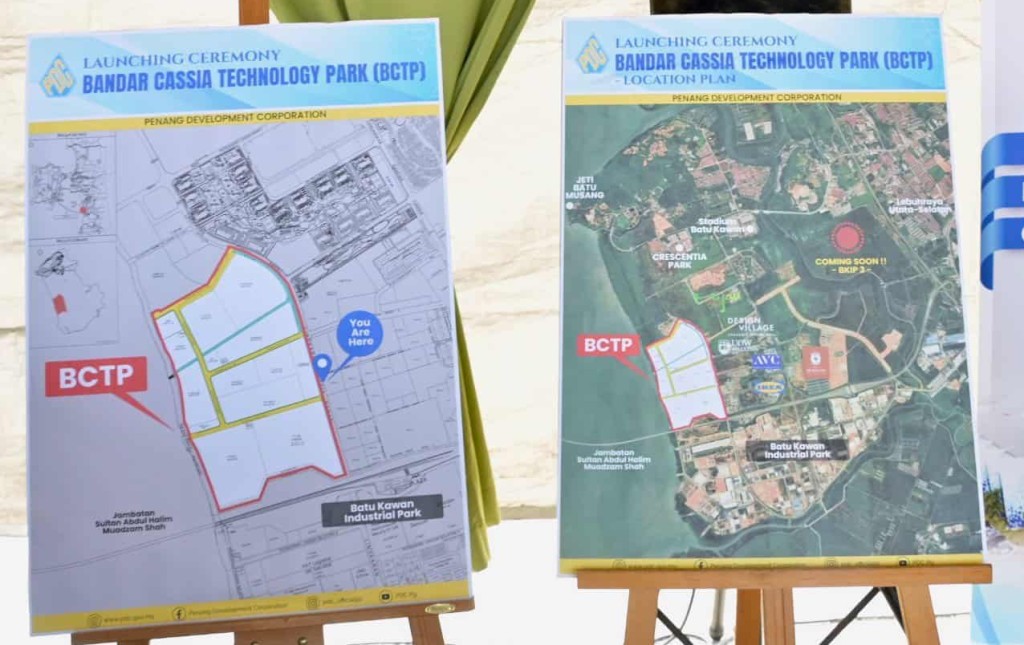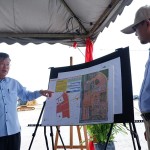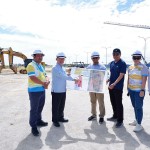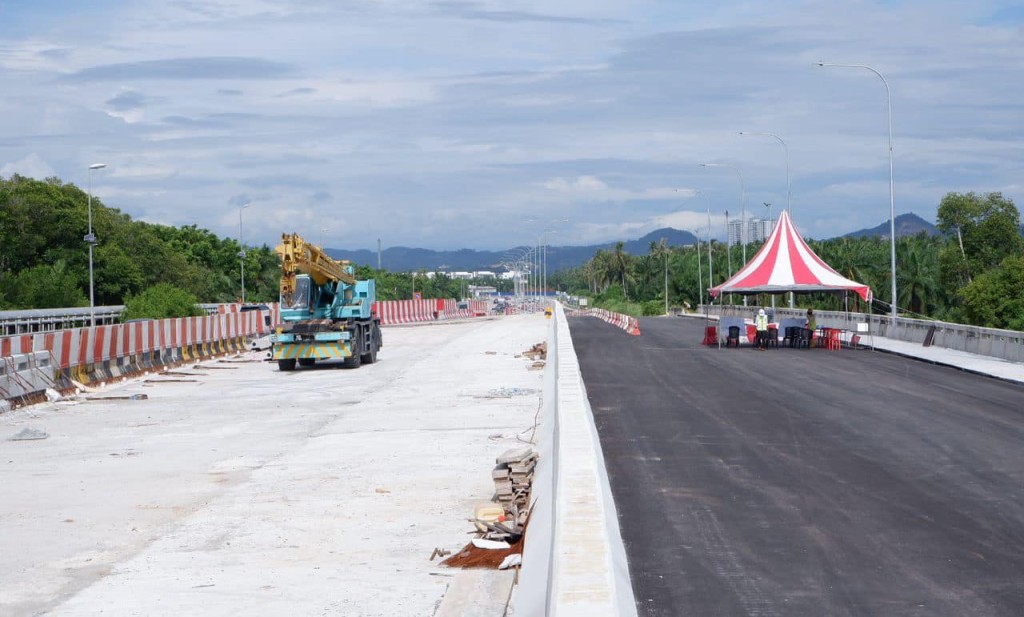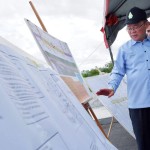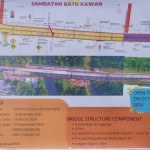Penang leads the way with green-certified affordable housing initiative
The Penang government is taking a bold step towards becoming Malaysia’s first state to offer green-certified affordable housing, a move that aligns with its broader mission to enhance environmental sustainability. Penang Housing and Environment Committee chairman Datuk Seri Sundarajoo Somu emphasized that this initiative is designed to promote environmental awareness and accountability among the public.
Sundarajoo highlighted that all affordable housing in Penang, regardless of price, will come with a green certification from recognized bodies such as GreenRE or the Green Building Index (GBI). “Whether a house is priced at RM42,000 or RM300,000, it will include green certification,” he stated. This is a significant milestone for the state, as it integrates sustainability into the housing sector while keeping affordability in mind.
Green certifications such as GreenRE and GBI play a crucial role in ensuring that buildings are designed and constructed in an environmentally friendly manner. GreenRE, launched by the Real Estate and Housing Developers’ Association (REHDA) in 2013, promotes sustainable practices in the property sector, while GBI is Malaysia’s premier green rating tool for buildings, driving energy efficiency and reduced environmental impact.
The introduction of green-certified affordable housing is not just a housing initiative but a step toward tackling the ongoing challenges of climate change. Penang has already been experiencing the effects of extreme weather patterns, making it imperative for the state to adopt measures that contribute to environmental protection. This affordable housing initiative is just one part of the larger effort by the Penang government to promote sustainability.
In addition to the housing project, the Penang government has launched other green initiatives, including planting over 1.2 million trees across the state. Sundarajoo announced that plans are underway to plant Pinang (areca nut palm) trees next year, marking Penang’s commitment to preserving its natural heritage. Another successful initiative was the hibiscus tree-planting campaign, in which over 7,600 hibiscus trees were planted in conjunction with Malaysia’s 67th Independence Day, exceeding the original target of 6,700.
Sundarajoo also reflected on the Penang Green Council’s (PGC) pioneering role in promoting environmental sustainability since its inception in 2011. He recalled his involvement in the early days of the council, which was founded under the leadership of former Chief Minister Lim Guan Eng. One of PGC’s earliest major initiatives was the “No Free Plastic Day” campaign, aimed at reducing plastic waste. This campaign was a key driver in the eventual ban on plastic straws in the state.
Through these collective efforts, Penang is positioning itself as a leader in green practices, not just within Malaysia but on a global scale. By integrating green certification into affordable housing, Penang is setting a precedent for other states to follow. The initiative represents a commitment to ensuring that even the most cost-effective homes meet the highest environmental standards, benefiting both residents and the planet.
As the state continues to tackle climate challenges, every small action counts, and Penang’s green-certified housing initiative is a vital step toward a more sustainable future.

